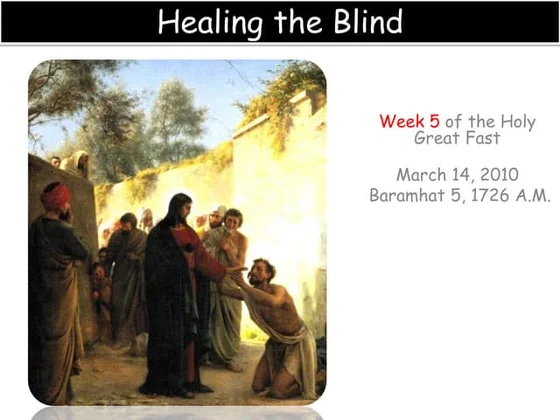Sacrifice: The Essence of Selflessness and Strength
Sacrifice is a powerful and noble act that reflects the very core of human compassion, love, and duty. It is the act of giving up something valuable for the sake of something even more important. This timeless concept exists in every culture, religion, and philosophy. Whether it is a mother sacrificing her comfort for her child, a soldier laying down his life for his country, or a friend giving up their dream for another’s success, sacrifice is the foundation of genuine relationships and progress.

At its heart, sacrifice demands selflessness.
It is not merely about losing something, but about choosing to give for a greater good. People who make sacrifices often do so without expecting anything in return. Their actions are driven by love, responsibility, faith, or moral obligation. This ability to prioritize others’ needs over one’s own desires is what makes sacrifice such a respected virtue.
In family life, sacrifice is seen every day, often unnoticed. Parents work tirelessly to provide their children with a better life. They give up personal pleasures, time, and sometimes even health for the sake of their family. A mother may stay up all night with a sick child, ignoring her own exhaustion. A father may take up extra work, skipping meals or rest, just to ensure his family is financially stable. These sacrifices are not forced but are acts of deep love and commitment.

In friendships and relationships, sacrifice builds trust and loyalty.
True friends stand by each other in times of need, even if it means putting their own needs aside. For instance, a person might decline a great opportunity to support a friend in crisis. Such sacrifices prove the depth of care and connection. They create unbreakable bonds that withstand the test of time.

Religion also places a high value on sacrifice. In many faiths, it is seen as a way to purify the soul,
seek forgiveness, or demonstrate devotion to a higher power. The story of Prophet Ibrahim’s willingness to sacrifice his beloved son, as commanded by God, is one of the most powerful examples in Islamic tradition. Similarly, in Christianity, Jesus Christ’s sacrifice on the cross is viewed as the ultimate act of love for humanity. These religious stories remind believers that sacrifice is a path to spiritual greatness and moral strength.
Sacrifice also plays a critical role in patriotism and service. Soldiers and national heroes are remembered for the sacrifices they made for the sake of their homeland. They often give up the comfort of family, the safety of home, and sometimes their own lives, so others may live in peace. Their courage and sacrifice become the foundation of a nation’s pride and freedom

However, sacrifice should never be confused with blind submission or unnecessary suffering.
Wise sacrifice involves making a conscious decision, understanding the value of what is given up, and the worth of the cause. It is meaningful when it comes from a place of inner strength and not from fear or pressure. True sacrifice uplifts the soul, inspires others, and leaves a legacy of love and honor
In conclusion, sacrifice is a beautiful and essential part of human life. It is the invisible thread that binds relationships, strengthens communities, and brings about meaningful change. While it often requires pain or loss, the result is usually growth, peace, and deeper connections. In a world that often encourages self-interest, sacrifice reminds us of the power of giving and the beauty of selflessness. It teaches us that sometimes, by losing something, we gain everything.




You must be logged in to post a comment.